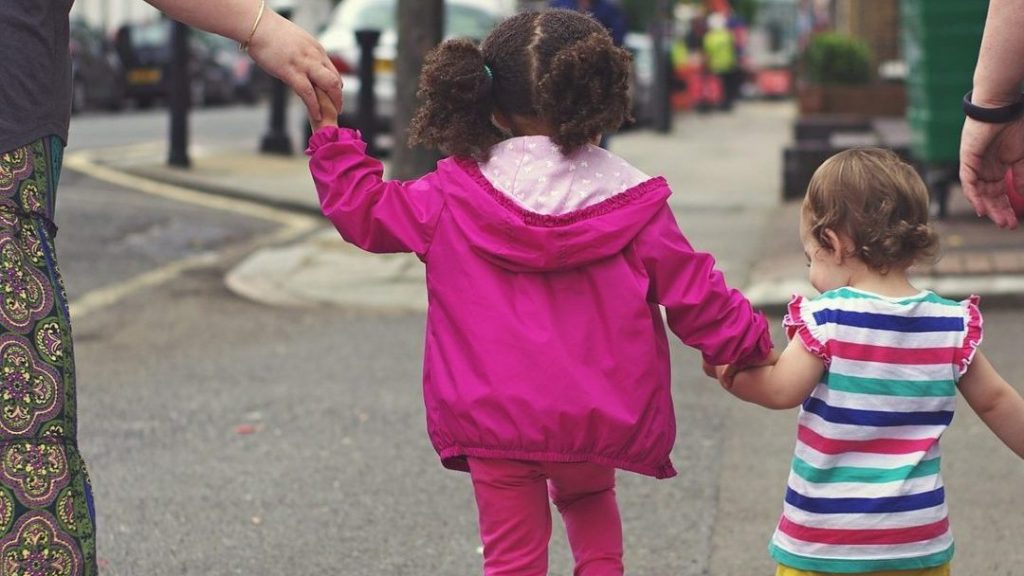The problems with the child welfare system
The author of a new book calls to rebuild the child welfare system, which they say is particularly harmful to Black families.

In many instances, child protective services intervene in the lives of families not when violence is happening to children, but when the ecosystem people reside in is violent. Child poverty is the highest in the U.S. compared to other developed nations.
Detroit alone has 72% of its children living in high poverty areas. Children who live next to highways and oil refineries are subject to higher levels of asthma and other health concerns. Too many children don’t have enough to eat, and don’t have enough safe spaces to play.
“It’s first important to recognize that the vast majority of children taken from their families are taken because of so-called ‘neglect,’ which is usually confused with poverty.” — Dorothy Roberts, University of Pennsylvania
What is true for children is also, by its nature, true for parents. The difference is that parents are often blamed for a defective environment and not offering their kids appropriate housing when they can’t afford it. Likewise, items like providing clean water and adequate transportation fall on local governments.
Listen: How the child welfare system is designed to over-police and fail Black families.
Guest
Dorothy Roberts is a professor of law and sociology at the University of Pennsylvania. She is the author of “Torn Apart: How the Child Welfare System Destroys Black Families — and How Abolition Can Build a Safer World .”
Roberts says much of child welfare services targets people who are materially deprived, not intentionally abusive of their children.
“It’s first important to recognize that the vast majority of children taken from their families are taken because of so-called ‘neglect,’ which is usually confused with poverty,” Roberts says.
Trusted, accurate, up-to-date.
WDET strives to make our journalism accessible to everyone. As a public media institution, we maintain our journalistic integrity through independent support from readers like you. If you value WDET as your source of news, music and conversation, please make a gift today.
